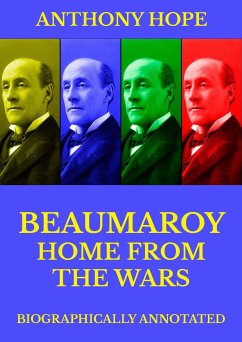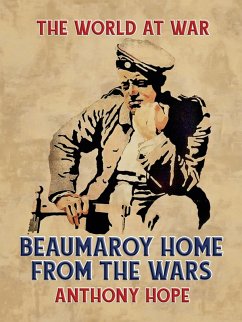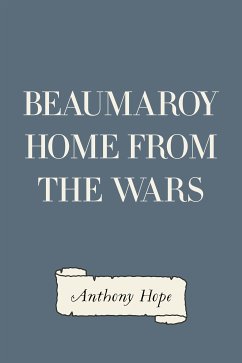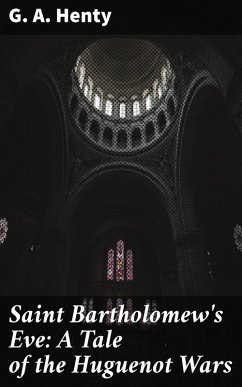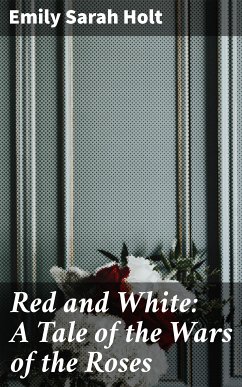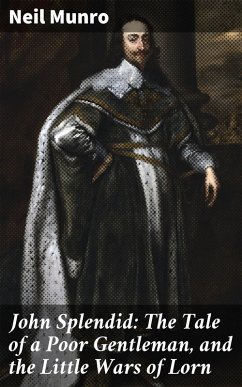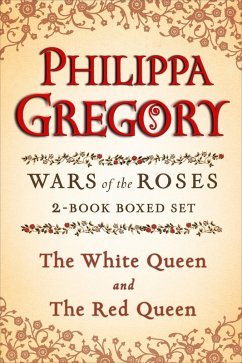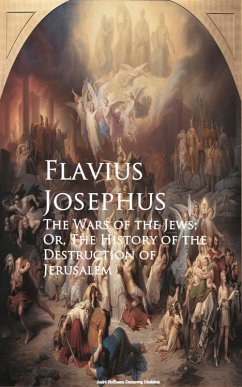
Beaumaroy Home from the Wars (eBook, ePUB)
A Tale of Post-War Reflection and Social Change in Turn-of-the-Century Britain

PAYBACK Punkte
0 °P sammeln!
In "Beaumaroy Home from the Wars," Anthony Hope intricately weaves a compelling narrative set against the backdrop of post-war disillusionment. This novel combines elements of adventure, romance, and psychological exploration, revealing the emotional toll of war on its protagonist, Beaumaroy. Hope's deft character development and rich descriptive prose transport readers into a world where personal conflict and societal expectations collide, demonstrating his ability to blend genre conventions with deeper thematic inquiries. The text resonates with the literary context of the early 20th century...
In "Beaumaroy Home from the Wars," Anthony Hope intricately weaves a compelling narrative set against the backdrop of post-war disillusionment. This novel combines elements of adventure, romance, and psychological exploration, revealing the emotional toll of war on its protagonist, Beaumaroy. Hope's deft character development and rich descriptive prose transport readers into a world where personal conflict and societal expectations collide, demonstrating his ability to blend genre conventions with deeper thematic inquiries. The text resonates with the literary context of the early 20th century, reflecting the anxieties and complexities faced by soldiers returning from the Great War. Anthony Hope, renowned for his captivating storytelling and pioneering works in adventure fiction, gained significant acclaim for his earlier novel, "The Prisoner of Zenda." His own experiences and observations of the changing societal landscape likely influenced his portrayal of Beaumaroy, blending both the romantic idealism of the past with the gritty realities of contemporary life. Hope's understanding of human psychology, honed through various literary engagements, allows him to explore the burdens of honor and identity in post-war Britain. Readers seeking an insightful exploration of the human condition will find "Beaumaroy Home from the Wars" a captivating read. Hope'Äôs intricate narrative style and deep psychological insights create a rich tapestry that highlights the struggle between personal aspirations and societal demands. Highly recommended for those interested in post-war literature and character-driven storytelling.
Dieser Download kann aus rechtlichen Gründen nur mit Rechnungsadresse in A, B, BG, CY, CZ, D, DK, EW, E, FIN, F, GR, H, IRL, I, LT, L, LR, M, NL, PL, P, R, S, SLO, SK ausgeliefert werden.




